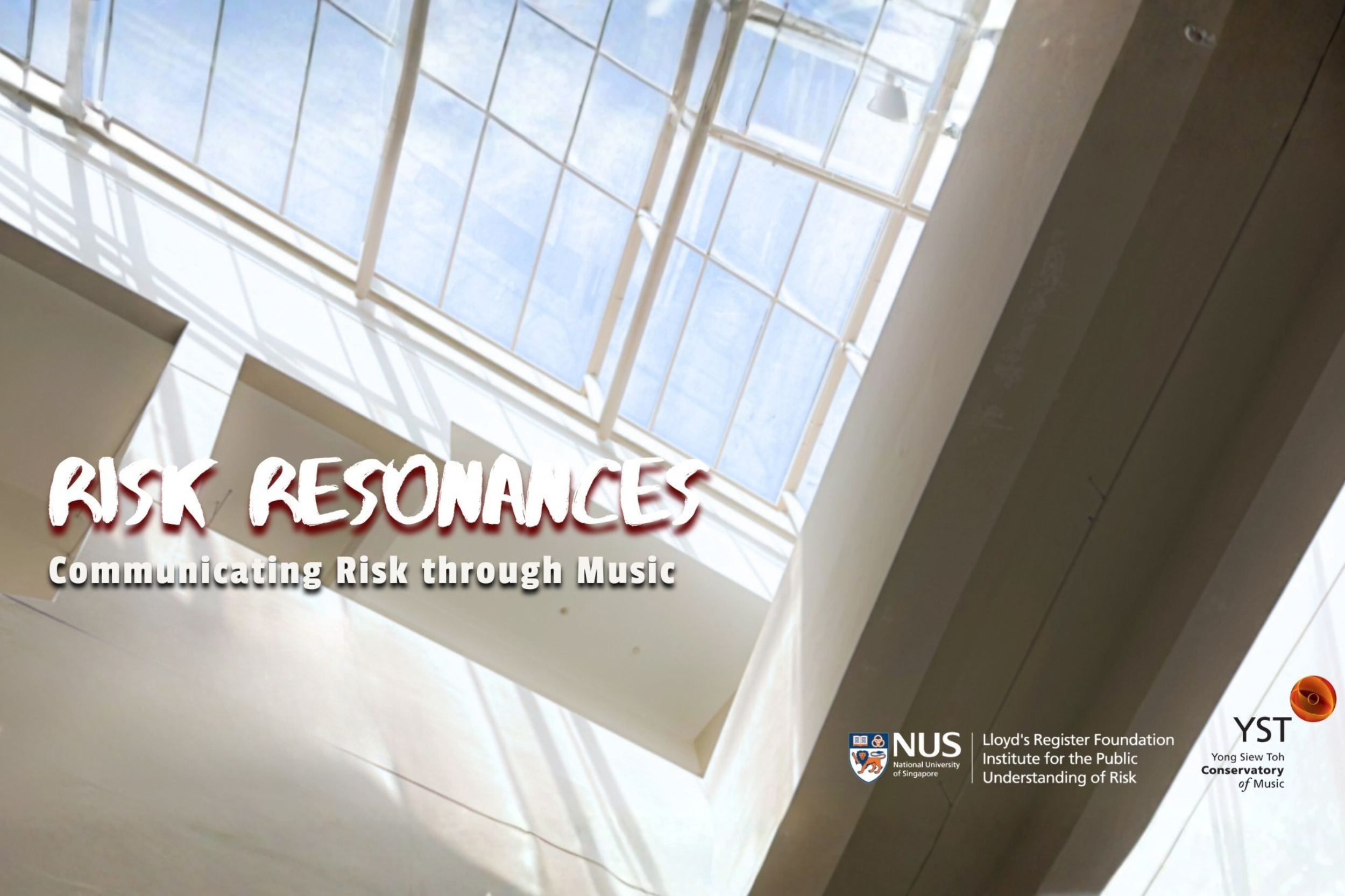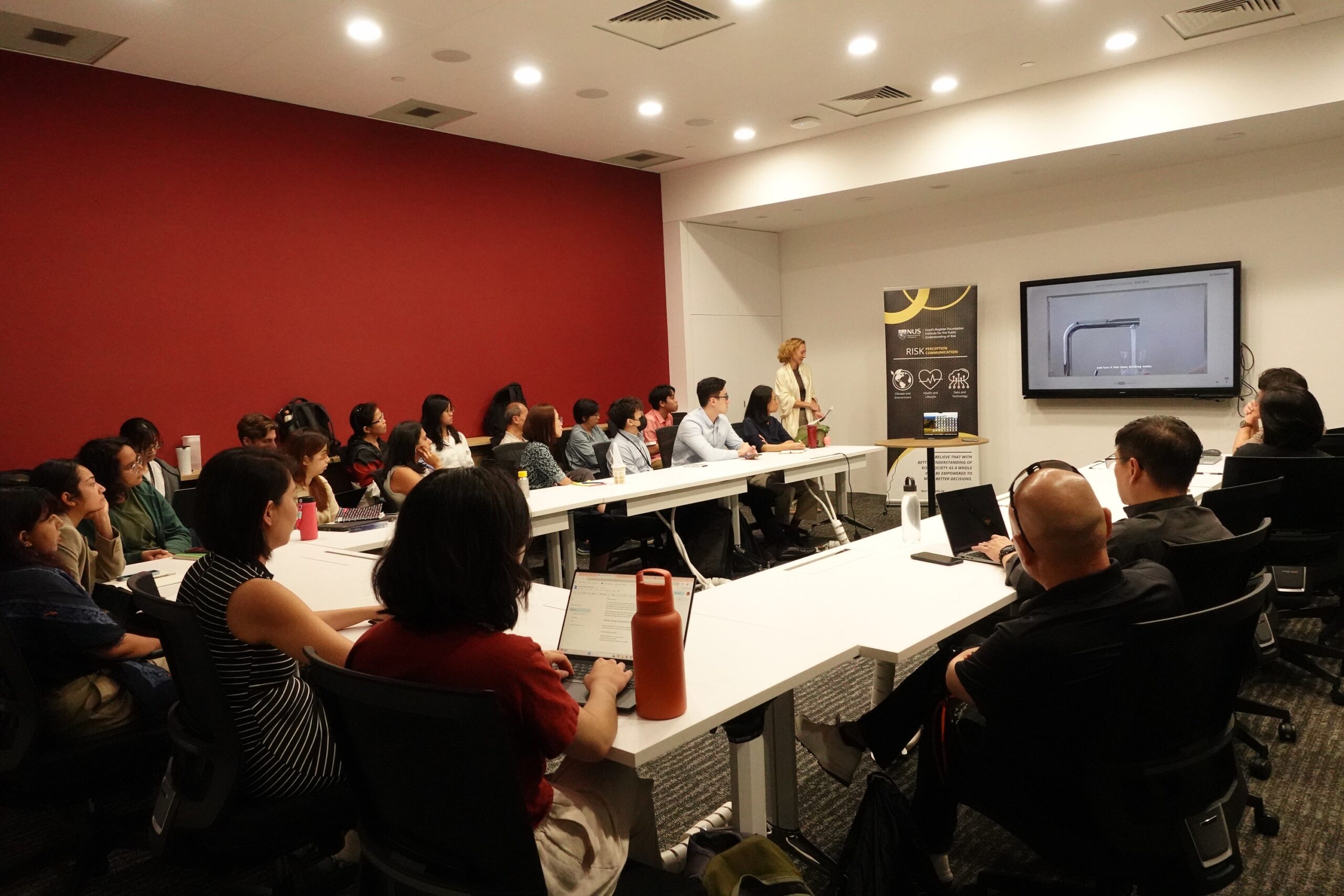The effects of climate change may go beyond degradation of the planet’s health and natural resources. Beyond the visible and tangible environmental impacts such as more extreme weather, climate change has a deeper, unseen impact on people’s mental wellbeing.
This phenomenon, known as “eco anxiety” or the chronic fear of impending environmental doom, has made its way to the forefront of people’s minds as climate threats and disasters persistently make it to the headlines of media and news. Young people in particular, seem to be more affected by eco anxiety. Some have even express hesitation to have children in the future as a result of their worries.
A 2021 report on the concerns of undergraduates found that environmental degradation and climate change were among the topmost worries for respondents. The report was based on a study on undergraduates in 5 ASEAN countries.
Building on the report findings, IPUR organised an online workshop on 3 June 2022 to explore the causes and effects of eco anxiety and to hear from participants about their challenges. About 100 participants, mostly university students, attended the event which featured a panel session and masterclass.
Root of eco anxiety
“Amid the uncertainty and unhappiness that comes with feeling eco-anxious, there is a need to understand the different echo chambers that people live in which reinforces certain beliefs or narratives. This makes addressing eco anxiety challenging because people experience and live with it differently,” said Dr Chitra Venkataramani, Assistant Professor of Sociology & Anthropology at the NUS Faculty of Arts and Social Sciences.
The type of news and narratives people are exposed to shapes people’s perspectives about the issue. “When there is no way to reconcile one’s personal horizon in relation to that giant problem (climate change) that all of us are facing but in different ways, then it becomes really hard,” she added during the panel discussion.
Impetus for action
“Anxiety in itself may not always be a bad thing but rather viewed as impetus for action”, said Dr Adrian Kuah, Director of NUS Futures Office. The actions themselves if not carried out considerately, have potential to cause harm to others and therefore need to be carefully considered and planned.
There have been many examples of green protests taking an ugly turn leading to violence and outrage. Dr Kuah mentioned “anger, conflict, finger-pointing” as clear indicators of misguided action.
Associate Prof Matthew Schneider-Mayerson from Yale-NUS College offered four steps that can be taken to ease eco anxiety:
- Talk to others. No crisis can be solved without communication.
- Be willing to re-write your life story. Take your feelings of eco anxiety as an opportunity to do something meaningful.
- Expand your circle of concern. Look beyond your family, country and even your species.
- Be kind to yourself. Climate change will be here for the long haul so take time to recharge and find joy in this battle.
In the concluding masterclass segment, Dr Anie Febriastati remarked that adopting a systematic and future-oriented mind set to approach eco anxiety is one avenue to overcome challenges and inform better decision making. The Associate Director (Executive Education Singapore Futures) at the Lee Kuan Yew School of Public Policy shared a framework on futures thinking – one which empowers the individual to explore and think about multiple future scenarios to better support decision making and minimise any unwanted surprises.
Together with Woo Qiyun, a Sustainability consultant at Unravel Carbon and climate activist, she challenged participants to reflect on how their climate actions in the present can influence the future. The participants themselves expressed a mix of optimism and pessimism about the environment and climate in the future.
One remarked that the individual’s scale of contribution pales in comparison to the level of damage already inflicted on the planet, leading to a pessimistic view. Another participant echoed a similar perspective, noting that people are too tied up with their immediate worries such as having enough money to worry about caring for the climate.
On the other end of the spectrum, some other participants said they were optimistic about the future because they had seen and been a part of enough green action movements that produce tangible impact. Others noted that sustainable green solutions such as electric cars and monitoring one’s own product consumption were paramount to a brighter climate future.
Ownership and Accountability
Being eco-anxious in itself may produce negative feelings and emotions but by using a different lens to look at the circumstances, those same feelings may be used to spur action and build resilience as aptly highlighted by Dr Kuah.
What is clear is that collective ownership and action should be at the forefront of any environmental efforts. Furthermore, the responsibility should not solely fall on the laps of the younger generation. Every individual has a part to play in making positive changes for the planet.
One piece of positive news in the wrestle with eco anxiety is that climate issues are causing a shift in awareness and action for more people, resulting in more sustainable habits and lifestyles which have the potential to proliferate into other social circles. Waves of young people especially have been spurred on by green activism in their communities which points to a more optimistic future for the planet.


